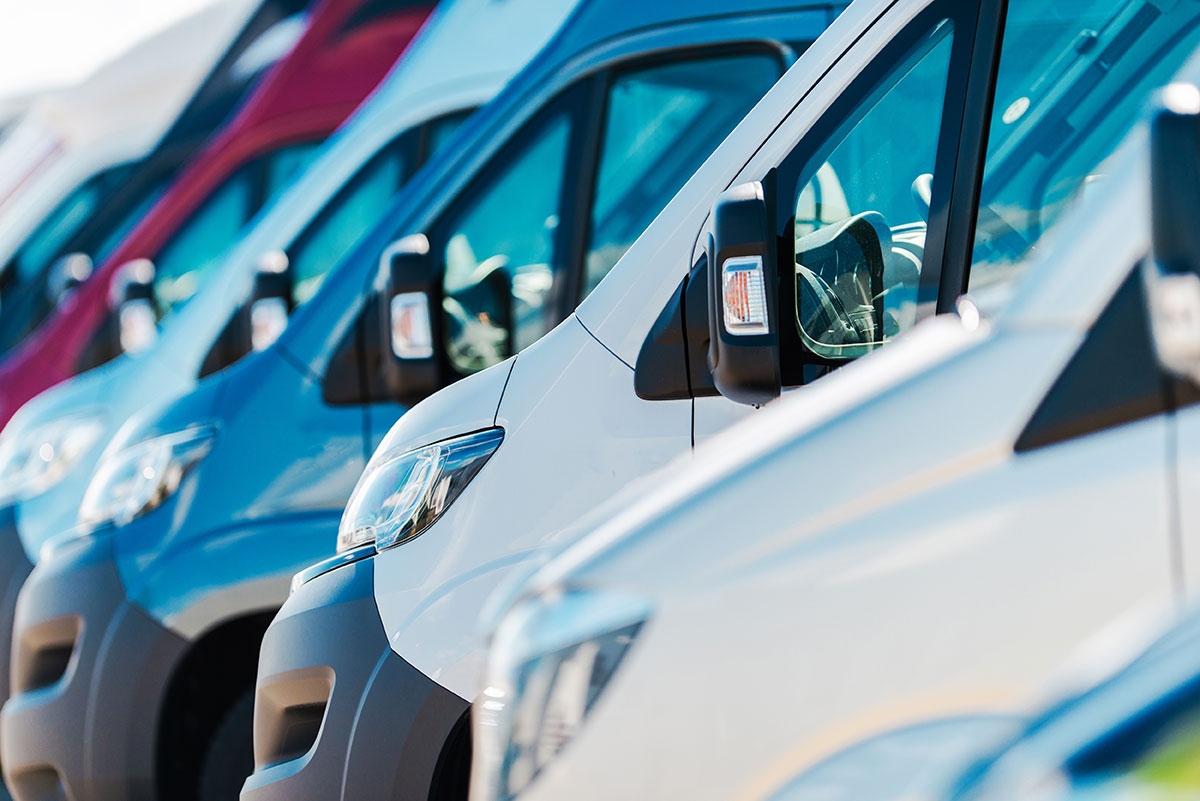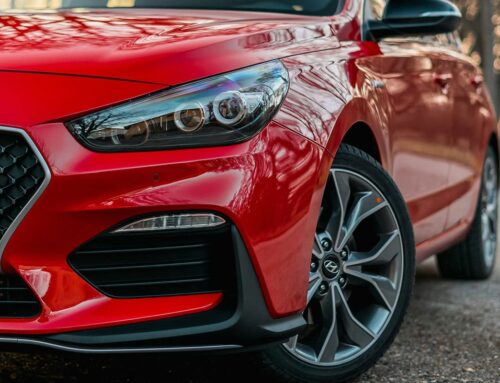Whether you are starting a courier service, a rubbish removal business, or even a van rental company, there are tons of affordable startup ideas that you can get off the ground with little more than a van. However, every entrepreneur’s priority when starting a business is to get their idea off the ground without having to fork out a fortune. Savings costs during the startup process will be essential for various reasons.
You can save on van insurance with one sure insurance and consider other cost-cutting ideas to get your business going on the bare initial investment. However, one big spend you can’t avoid is purchasing your fleet. Whether you start with just one van or a few, you have the two main options of electric vans or regular diesel or petrol vans. So to help you make the best financial decision, we compare the two options for you.
Electric van pros and cons
The most notable downfall to consider when purchasing electric vans is that the initial purchase price will be pretty high. In addition, because these vehicles are relatively new to the market, it is pretty unlikely that you can get your hands on used electric vans. However, with that said, even though the initial purchase price is relatively higher, you will enjoy long-term savings when it comes to fuel consumption. If you can charge with solar power, you will save even more. In addition to fuel usage savings, you will also save significantly on maintenance and repairs as electric vehicle motors are pretty straightforward. What’s more, you will likely need to replace your fleet vans anytime soon as these vehicles are exceptionally durable. Although the only other notable downfall is that some vans don’t have great driving ranges per full charge, so these vans may not be suitable for businesses whose fleets will be traveling long distances.
Diesel and petrol vans
Diesel and petrol vans are substantially cheaper to purchase, and you will be able to find numerous used vans at great prices. However, you won’t have the ongoing saving factor for fuel consumption as diesel and petrol are not cheap. Fuel will likely be a massive ongoing cost. In addition, the cost of maintaining diesel and petrol vans is relatively high, and regular maintenance and repairs will be essential. The upside is that diesel or petrol vans are suitable for long-distance travel, so unless your business is only traveling within built-up urban areas, a diesel or petrol vehicle might be the better option.
However, the only two downfalls of the purchase price and shorter driving range can be overlooked depending on the specifics of your business. Electric vehicles are great for ongoing fuel usage savings, minimal maintenance, and repair needs, and they will probably last your business a lifetime. On the other hand, diesel or petrol vans are only really suitable for the initial lower purchase price. However, any savings will be overrun with long-term diesel or petrol usage costs. That said, only you can weigh out the pros and cons of each van type to determine which will be most affordable and most suitable for your type of startup business.







Leave A Comment